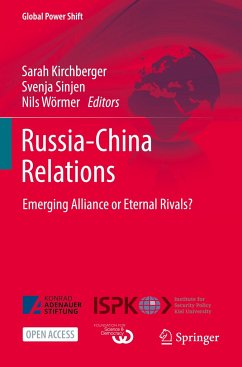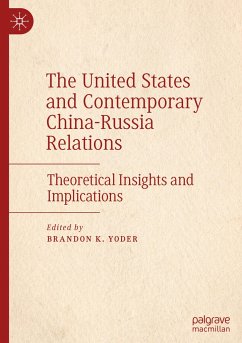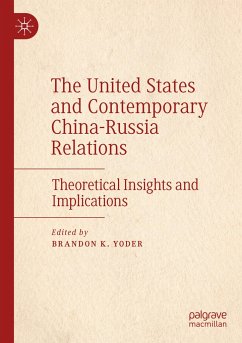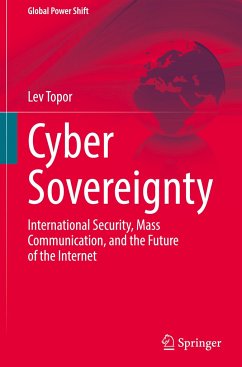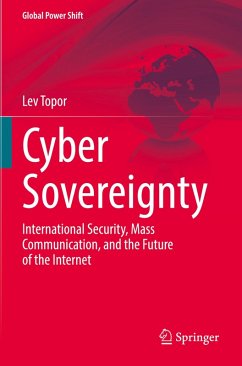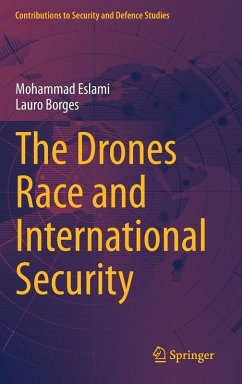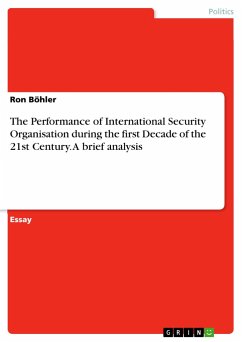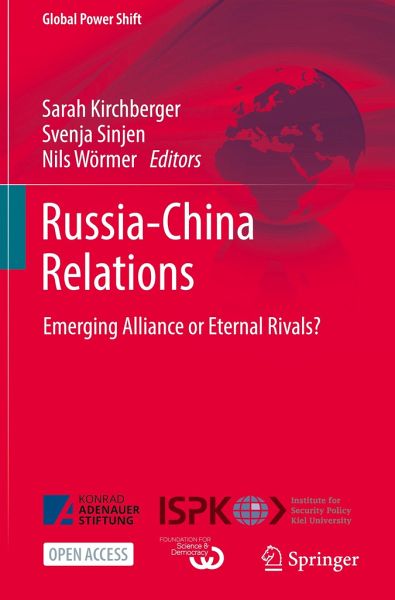
Russia-China Relations
Emerging Alliance or Eternal Rivals?
Herausgegeben: Kirchberger, Sarah; Sinjen, Svenja; Wörmer, Nils
Versandkostenfrei!
Versandfertig in 6-10 Tagen
53,49 €
inkl. MwSt.

PAYBACK Punkte
0 °P sammeln!
This open access book examines Russia-China relations across a variety of civilian and military areas of cooperation. Leading experts in the field present empirical case studies covering a wide range of strategic cooperation areas between Russia and China, such as technological, military, economic and political cooperation. The contributing authors shed new light on Chinese and Russian strategic goals, external push and pull factors, and mutual perception shifts, and discuss the options for Western countries to influence this development.This book analyses the evolution of the relationship sin...
This open access book examines Russia-China relations across a variety of civilian and military areas of cooperation. Leading experts in the field present empirical case studies covering a wide range of strategic cooperation areas between Russia and China, such as technological, military, economic and political cooperation. The contributing authors shed new light on Chinese and Russian strategic goals, external push and pull factors, and mutual perception shifts, and discuss the options for Western countries to influence this development.
This book analyses the evolution of the relationship since the watershed moment of the Crimean crisis in 2014, and whether or not a full-blown military alliance, as hinted in late 2020 by President Putin, is indeed a realistic scenario for which NATO will have to prepare. It will appeal to students and scholars of international relations, political decision-makers, as well as anyone interested in Eurasian politics and the potential military-strategic impact of a Russian-Chinese alliance for NATO.
This book analyses the evolution of the relationship since the watershed moment of the Crimean crisis in 2014, and whether or not a full-blown military alliance, as hinted in late 2020 by President Putin, is indeed a realistic scenario for which NATO will have to prepare. It will appeal to students and scholars of international relations, political decision-makers, as well as anyone interested in Eurasian politics and the potential military-strategic impact of a Russian-Chinese alliance for NATO.



